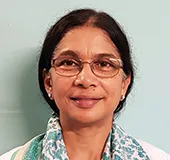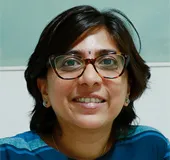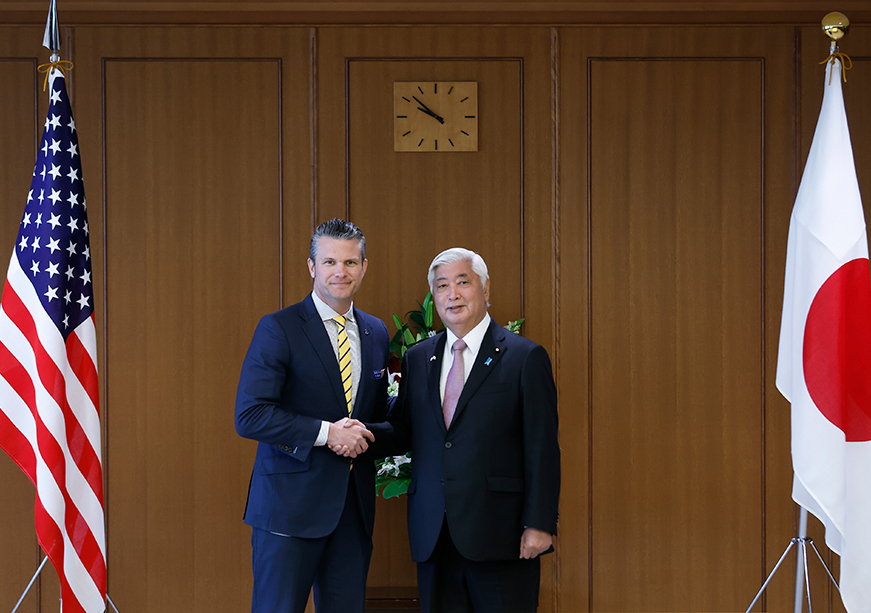
The All India Council for Technical Education‘s (AICTE) Leadership in Teaching Excellence (LITE) programme was announced in June 2021. The programme aims to realise the National Education Policy (NEP) 2020 goal of ‘bringing modern software engineering knowledge through proven online teaching-learning methods’ by training 100,000 faculty members and 24 million students from universities and AICTE-affiliated engineering colleges across India. LITE provides these universities and affiliated institutions a new opportunity to join a government-led industry-academia alliance through the Ministry of Education’s National Education Alliance for Technology (NEAT) programme.
The enrolled faculty and students are trained in new and emerging areas under LITE by Pupilfirst, the programme’s industry partner. Subsequently, they become AICTE’s ‘Brand Ambassadors of Change’ and serve as LITE Faculty coordinators, bringing their knowledge and skills into the classrooms in line with the NEP 2020.
Post training, the faculty members lead the introduction of a minor degree (18-20 credits) at their home institutions, helping to mainstream the best practices in online education and the curricula and content developed by industry partners into their classrooms.
LITE’s first round offers two programmes having considerable industry demand, i) Advanced Web Development (WD); and ii) Electric Vehicles (EV); with each having three courses, for example, WD101, WD 201 and WD301. The ‘model curricula’ for these courses are developed by industry experts and are available on the AICTE website. Faculty members receive training for free, while students can access scholarships offered by industry partners. Post training, the faculty members lead the introduction of a minor degree (18-20 credits) at their home institutions, helping to mainstream the best practices in online education and the curricula and content developed by industry partners into their classrooms. They are supported by industry coaches, community engagement managers, and paid teaching assistants (TA) drawn from a pool of students from the previous editions of the course. Feedback from many faculty members indicates that they are happy teaching an industry-relevant curriculum that is continuously updated. Students of all academic disciplines at the participating universities and colleges are awarded a minor degree and they are helped with placements.
Initial outcomes and concerns
Despite a well-designed structure, outcomes from the training of two batches of both faculty members and students have turned up a few surprises and underlined the challenges for all involved, including the universities, colleges and their management, faculty members, students, and regulators. For instance, 97 faculty members from 50 institutions across 16 states formed the first batch of the ‘Advanced Web Development’ programme. However, only 68 of them could complete WD101, and just one completed WD201, including the capstone project. Despite the platform allowing skill enhancement with the latest industry know-how for implementing learner-centric and competency-focused classrooms envisioned by NEP, only a few could use the opportunity. One reason for this could be their inability to manage the heavy workload of the programme with their other academic responsibilities. This outcome helped the faculty members and their institutions to realise the considerable time and effort that needs to go into mastering these courses and meeting industry standards.
On the other hand, students are given a futuristic, hands-on, learning environment with support and mentorship from their faculty members, industry experts, and a community of TAs and peers. They receive scholarships and get a chance to earn a minor degree in a job-oriented area, making them industry-ready. Students can also hone their skills through teaching assistantships or internships. While faculty and TAs steer the learning and progress of students, community engagement managers help them play a more active learning role through platforms such as Discord, WhatsApp, and email. Despite such efforts, out of the cohort of 3,325 students enrolled in November 2022 who completed the course in March 2023, only 19 students cleared both the WD101 and WD201 modules. Behavioural patterns such as plagiarism (detected through AI) and last-minute work to meet assignment deadlines have contributed to this outcome.
Students are given a futuristic, hands-on, learning environment with support and mentorship from their faculty members, industry experts, and a community of TAs and peers.
Universities have been moving at a glacial pace to adopt the LITE programme in their institutions. The approval processes for admitting students are extremely slow. From the first batch of 475 colleges that applied, 136 institutions were provisionally qualified by AICTE but only 18 completed all the steps to become LITE-enabled institutions. Just 12 colleges went on to integrate LITE into their academic calendars and kickstart the learning journey. Since these courses are part of a minor degree, their approval by the university’s Academic Council (AC) is a mandatory first step. While 55 percent of colleges could move from the application to the memorandum of understanding (MoU) stage, only 20 percent got AC approvals. The lack of urgency by ACs has become a significant bottleneck for translating intent into action by the participating colleges.
It is important to underline that the problem does not lie with the design and implementation of the LITE programme, but rather with the ‘business-as-usual’ approach of the stakeholders towards the implementation of NEP 2020. LITE’s design has an inbuilt incentive structure:
- Faculty members receive credits for their training from the AICTE Training and Learning Academy (ATAL) Academy.
- Students receive minor degrees, are trained in the industry-ready curriculum and are offered scholarships and placement assistance.
- Participating institutions are given nationwide visibility.
The way forward
NEP 2020 has been acclaimed as a transformational policy. AICTE and Pupilfirst have done a remarkable job of creating an ecosystem to enable the realisation of the goals of the AICTE LITE NEP 2020 classrooms by establishing a learner-centric model of online teaching-learning; delivering competency-based curriculums in partnership with industry for competitive global tech skills; and conducting formative/continuous assessments instead of the present summative assessments. Pupilfirst has incorporated these into its curriculum design in partnership with industry experts, and into its delivery model, providing scaffolding and support to faculty and students. The onus is then on individual faculty members and students to approach their learning opportunities differently, as these early results highlight.
Nationwide implementation of LITE in NEP’s letter and spirit cannot be completed without proper and fool-proof preparation. LITE’s future editions may be more result-oriented if they give faculty members training in pedagogies for online education and best practices rather than giving them the same course that students take. Failure of students to clear the courses raises concerns over whether they see the minor degree as an important pathway to their career progression and therefore give themselves time to learn. It may be helpful to give such students an ‘audit’ track to help them engage with the courses, but not meet the high bar set by the ‘professional’ track. Given that 83 colleges are still awaiting approvals to complete the integration process, it is imperative to speed up the rollout of LITE NEP 2020 classrooms. Introducing these programmes as open electives instead of a minor degree will help avoid the delay in AC approval.
Failure of students to clear the courses raises concerns over whether they see the minor degree as an important pathway to their career progression and therefore give themselves time to learn.
It is also vital to provide Pan-India access to these classrooms and interested students, not necessarily only those from the participating institutions. A few growth paths, some even representing opportunities for universities and colleges to earn additional revenue from students, are possible:
- Allowing students from non-participating universities/colleges to participate in the course and transfer credits through the Academic Bank of Credits
- Allowing engineering colleges affiliated to UGC-approved universities to also participate in the LITE programme, for which UGC must also support the LITE programme
- Extending this offer to non-engineering students who can clear an aptitude test. This last option is presently being implemented in one college in Kerala, and the outcomes are likely to be positive.
LITE provides a template for the collective learning of best practices in online education required in NEP 2020 classrooms. Despite the underperformance in its early phase, it is noteworthy that several students who did not clear the LITE courses on the first attempt have re-attempted. LITE’s best practices are also worth emulating in other disciplines, with more open access to students. However, its real test will be when it includes non-IT subjects that require different pedagogies. Helping large numbers of teachers to imbibe the spirit of the policy and change the way they teach, not just online but also in their classrooms, is also the best way of delivering the NEP 2020 goals to students across the country. LITE can also be applied to upskilling, reskilling, and lifelong-learning programmes.
Leena Chandran Wadia was a Senior Fellow at the Observer Research Foundation and was a part of the Drafting Committee for the NEP.
Aparna Sivakumar is an expert in technology, education policy and advocacy, and community organising and is currently engaged with the development sector
The views expressed above belong to the author(s). ORF research and analyses now available on Telegram! Click here to access our curated content — blogs, longforms and interviews.




 PREV
PREV



